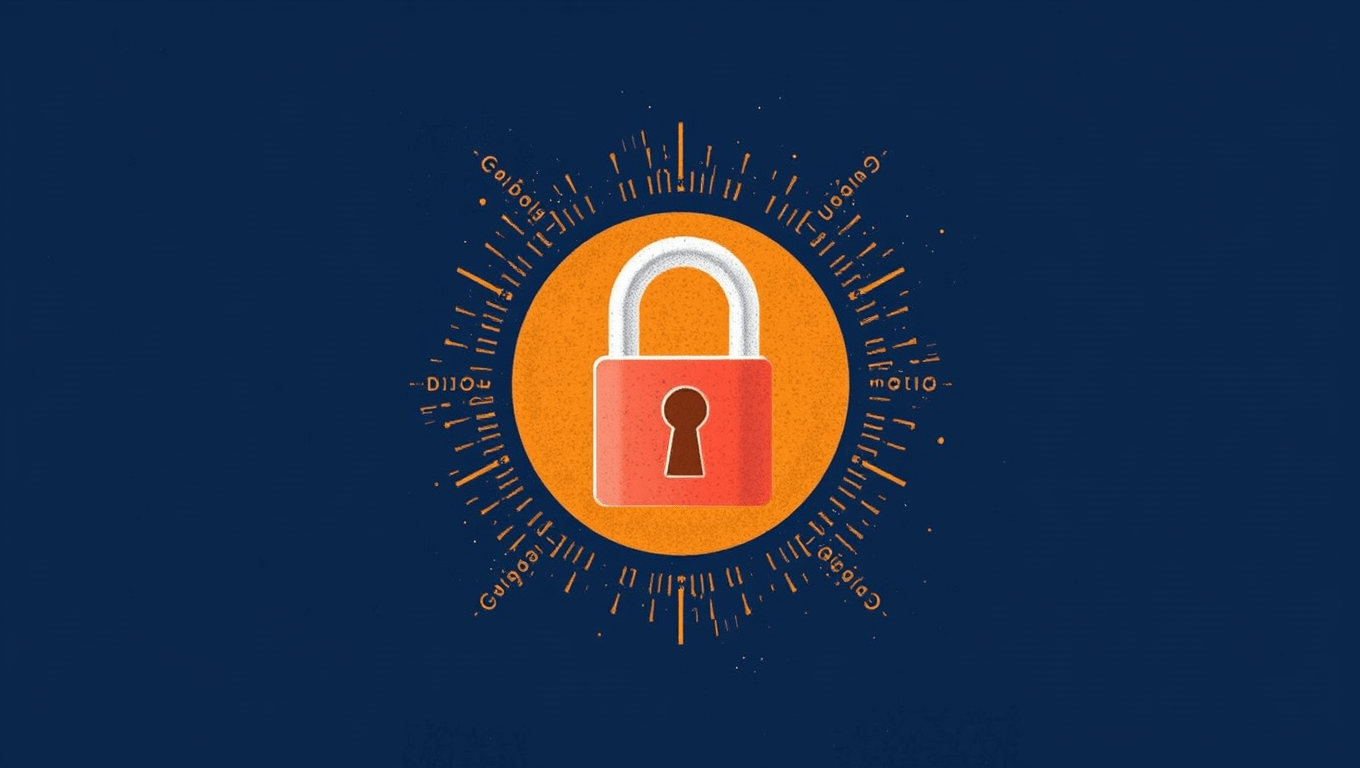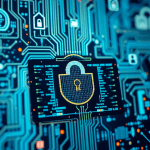How to Create Them:
In an increasingly digital world, strong passwords are your first line of defense against unauthorized access to your accounts and personal information. Cybercriminals use various methods to exploit weak passwords, making it crucial to understand the importance of creating and maintaining strong passwords.
Why Strong Passwords Matter
1. Prevent Unauthorized Access
Weak passwords are easy targets for hackers who employ methods like brute force attacks, where they systematically try every possible combination of characters. A strong password significantly reduces the risk of unauthorized access to your accounts.
2. Protect Personal and Financial Information
Many online accounts contain sensitive information, including financial data, personal identification, and private communications. A compromised account can lead to identity theft and financial loss.
3. Safeguard Against Phishing Attacks
Phishing scams often aim to steal your passwords. Using strong, unique passwords for each account makes it harder for attackers to gain access, even if they successfully phish for your credentials.
Characteristics of a Strong Password
A strong password should possess certain characteristics to ensure maximum security. Here’s what to consider when creating a password:
1. Length and Complexity
- Length: Aim for at least 12 to 16 characters. Longer passwords are exponentially harder to crack.
- Complexity: Combine uppercase letters, lowercase letters, numbers, and special symbols. This diversity makes your password harder to guess.
2. Avoid Common Words and Patterns
Avoid using easily guessable information, such as:
- Common words or phrases (e.g., “password,” “123456”)
- Personal information (e.g., your name, birthday, or address)
- Simple keyboard patterns (e.g., “qwerty”)
3. Use Unique Passwords for Different Accounts
Never reuse passwords across multiple accounts. If one account is compromised, others will remain secure.
How to Create Strong Passwords
Creating a strong password is essential, but it can be challenging to remember them all. Here are some effective strategies:
1. Use Passphrases
A passphrase is a sequence of random words or a phrase that’s easy for you to remember but hard for others to guess. For example, “BlueSky@Dance7!”.
2. Utilize a Password Manager
Password managers can generate and store complex passwords for you, eliminating the need to remember every password. Some reliable options include:
These tools can also autofill passwords and sync them across your devices for ease of access.
3. Leverage Two-Factor Authentication (2FA)
Enhance your security by enabling two-factor authentication (2FA) wherever possible. 2FA requires not only a password but also a second form of verification, such as a code sent to your phone. This additional layer of security makes it much harder for attackers to gain access.
How to Manage Your Passwords
1. Regularly Update Passwords
Change your passwords regularly, especially for sensitive accounts. Set reminders to update your passwords every three to six months.
2. Monitor Account Activity
Keep an eye on your accounts for any unusual activity. Many services offer alerts for suspicious logins or changes to account settings.
3. Know When to React
If you suspect that your password has been compromised, change it immediately. Additionally, check if your email or accounts have been part of a data breach using sites like Have I Been Pwned.
Conclusion
Strong passwords are a crucial component of your online security. By understanding their importance and following best practices for creating and managing passwords, you can significantly reduce your risk of falling victim to cybercrime. Remember to use unique, complex passwords, utilize password managers, and enable two-factor authentication for an added layer of protection.
Tags:
#StrongPasswords, #Cybersecurity, #PasswordManagement, #OnlineSafety, #IdentityProtection



